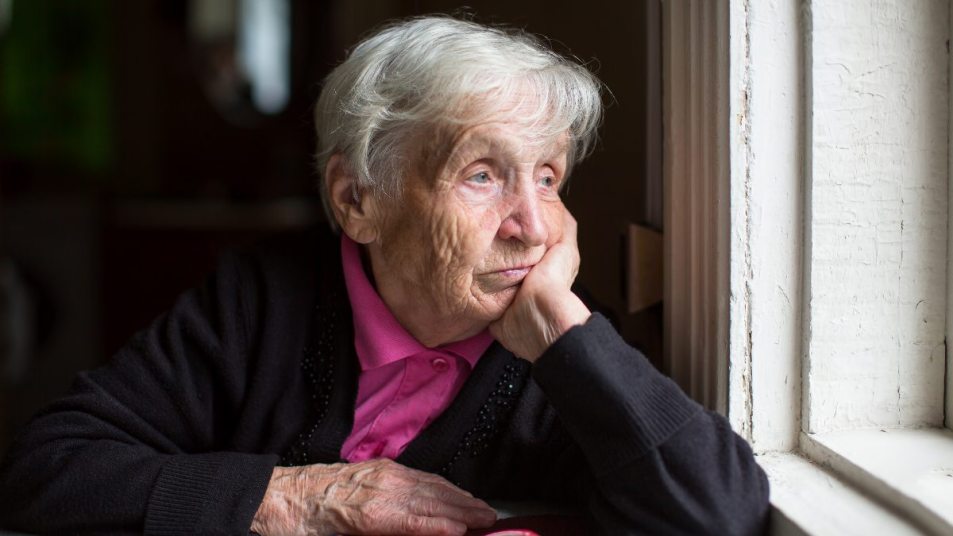Social Isolation Is Directly Linked to Dementia Later in Life, Study Shows

Social isolation was a hot topic at the height of the pandemic. The sudden and sharp decrease in human connection affected everyone’s mental health. Many families had to make a difficult choice between seeing loved ones or staying at home to avoid potential COVID-19 exposure. The prevalence of depression and anxiety increased.
Unfortunately, mental health wasn’t the only concern; cognitive health took a toll, too. New research shows that social isolation is directly linked to a higher risk of dementia.
A study published in the June 8 issue of Neurology explored the relationship between isolation and dementia. While previous studies had already linked social isolation to a wide range of health problems — one scientific analysis from 2015 found that a lack of social connections raises health risks as much as smoking 15 cigarettes a day — the Neurology study is new because it examines the effects of isolation within the context of the pandemic.
Understanding the Study
To conduct their research, the study’s authors used data from over 460,000 volunteers enrolled in the UK Biobank study. (The UK Biobank is a biomedical database based on medical and genetic information from volunteers. Researchers around the globe use it to conduct their own studies.) The average age of the participants was 57, and researchers tracked their health for roughly 12 years prior to the pandemic.
To determine social isolation, researchers asked three questions:
- Do you live with other people?
- Do you have visits from friends or family at least once a month?
- Are you participating in social activities — like clubs, meetings, or volunteer work — at least once a week?
Those who answered “no” to at least two questions were defined as socially isolated.
Of the 460,000 participants, about 42,000 met the criteria for social isolation. Of those 42,000, 649 developed dementia — about 1.55 percent. Comparatively, 4,349 people who were not socially isolated developed dementia — about 1.03 percent.
The findings show a clear link between isolation and dementia. The study, however, went even further. Many of the participants also completed health surveys and thinking and memory tests. Over 32,000 participants had brain scans as well.
Using the brain scans, the study authors found that socially-isolated participants had lower gray matter volumes in memory and learning areas of the brain. Gray matter makes up the outermost layer of the brain, and it’s important to a wide range of functions, from helping to control physical movements to retaining memories and regulating emotion. When gray matter shrinks, it can harm our memory, thinking, and self-control.
The Importance of Linking Social Isolation and Dementia
Why is this research important? It shows that doctors and health professionals can use social isolation as a predictor of dementia. And that means early intervention — now, seniors can take certain measures to reduce isolation.
Of course, people are often isolated for reasons beyond their control. Some have health and mobility issues that limit their ability to visit friends and family. Others live in nursing homes where interaction is limited.
Those who are physically and mentally capable are vital to improving the social connections of those who are not. Try these tips for staying close with a loved one in a nursing home, and check out this advice for maintaining connections. See what activities for seniors are available in your area, like Cycling Without Age.
If anything, we hope this article inspires you to reach out. All of our lives depend on it.













